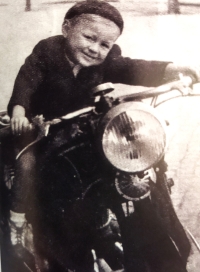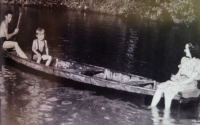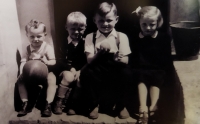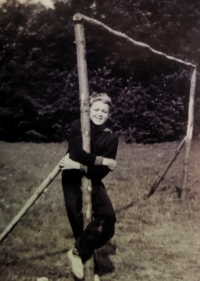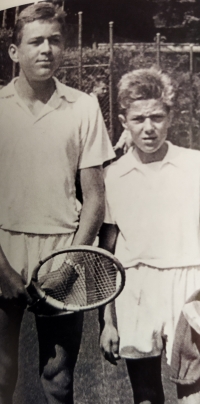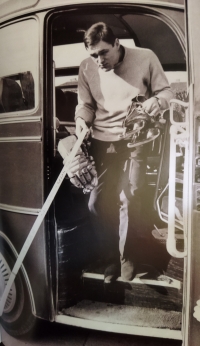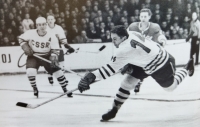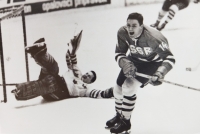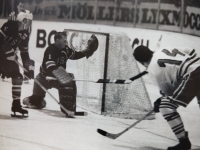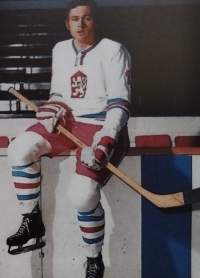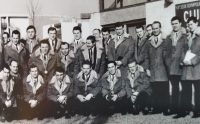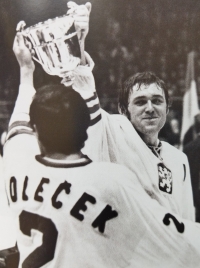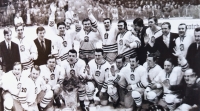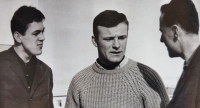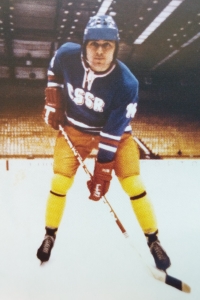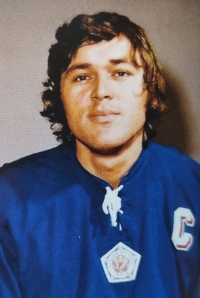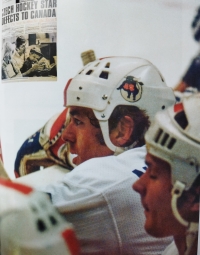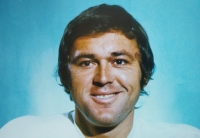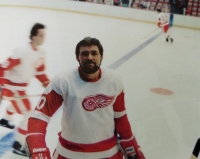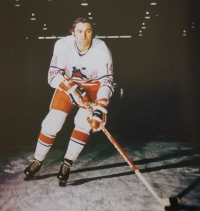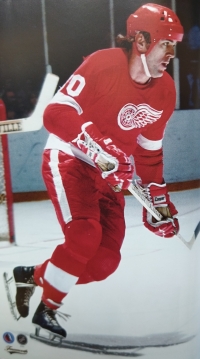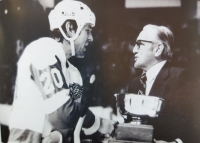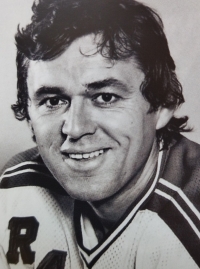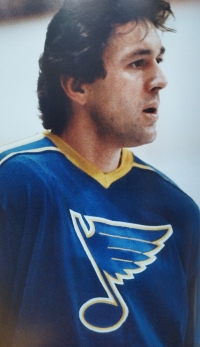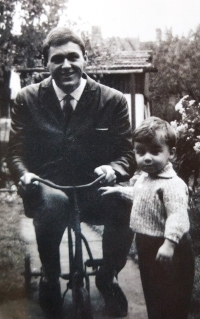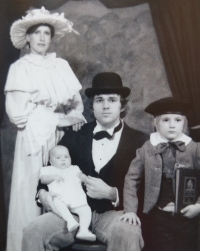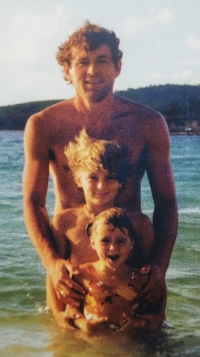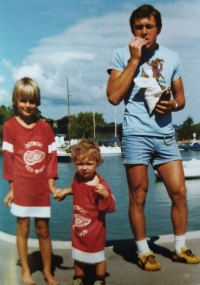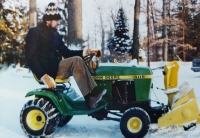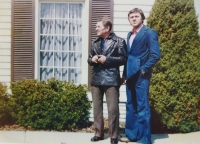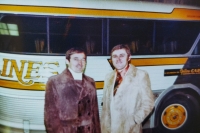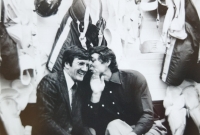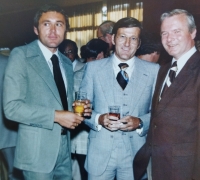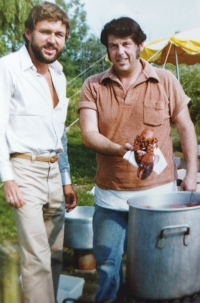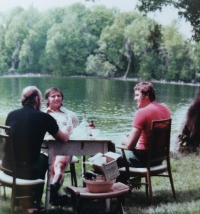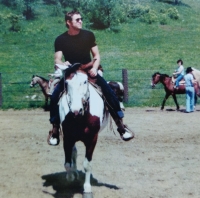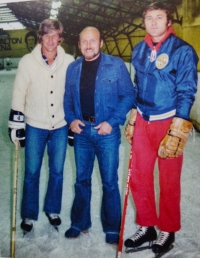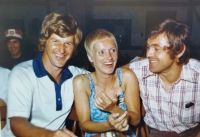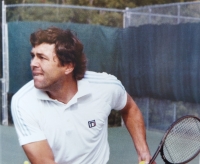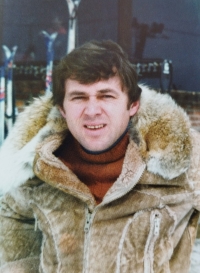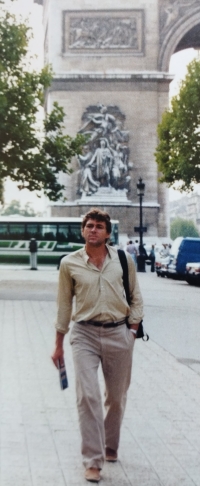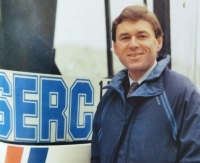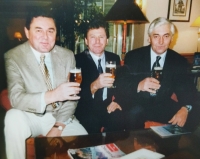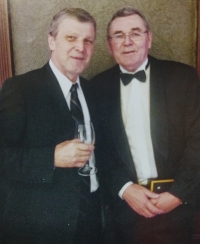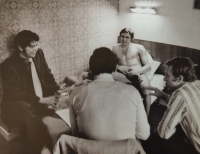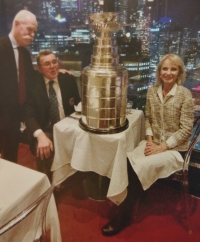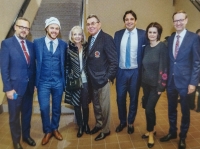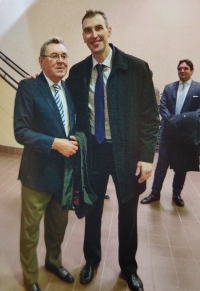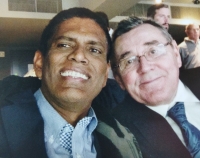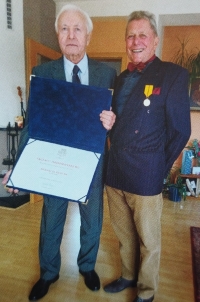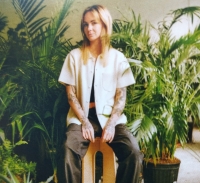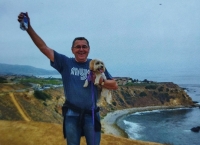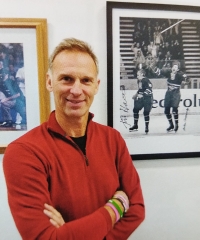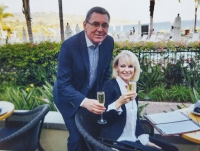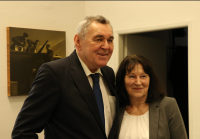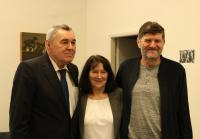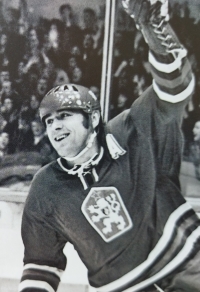He fled to Canada for hockey. They didn’t let his dad see him until he was dying
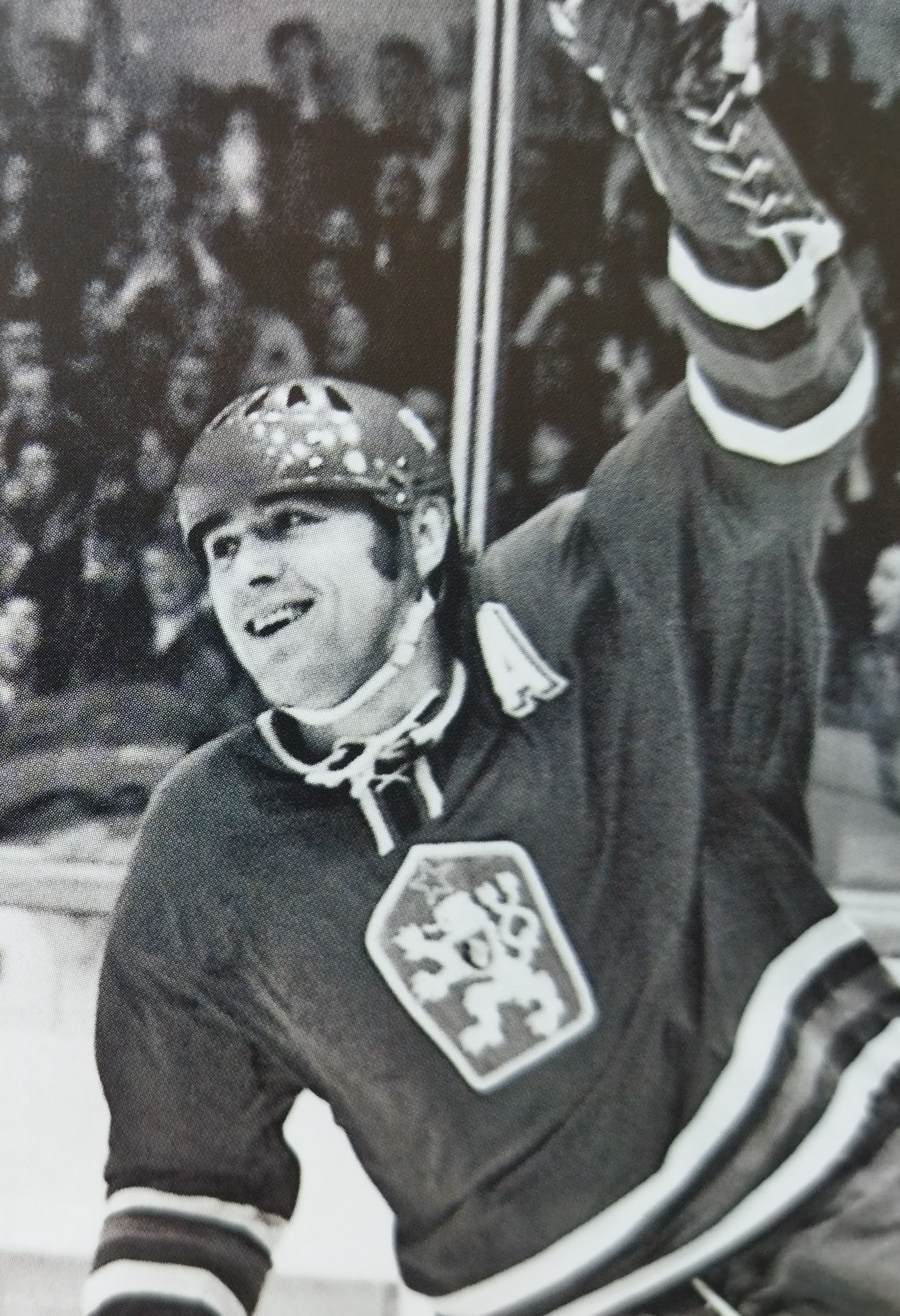
Download image
Václav Nedomanský was born on 14 March 1944 in Hodonín. He inherited his sporting genes from his father, who played football and rode in motorcycle races. After elementary school he graduated from grammar school. From the age of 16 he played for the Hodonín adult A team in the second league. After graduation, he was taken to the Faculty of Physical Education and Sports in Bratislava, where from 1962 until 1974 he defended the colours of the Slovan CHZJD club. In 1965 he won a silver medal with the national team at the World Championships in Tampere, Finland, and repeated the same success a year later in Ljubljana, Yugoslavia. In 1968 he finished second at the Winter Olympics in Grenoble. There, the national team defeated the Soviet Union for the first time in a long time. In 1969, at the World Championships in Sweden, Václav Nedomanský was there for both famous victories over the Soviet Union, which occupied Czechoslovakia in August 1968. In 1972 he won a gold medal at the World Championships in Prague. In 1974, the communist regime refused to let him join the North American NHL. He decided to emigrate and left Czechoslovakia with his wife Vera and three-year-old son Václav Václav. In North America, he was the first hockey player from socialist Eastern Europe to play in the professional WHL and NHL. He played for the Toronto Toros, Birmingham Bulls, Detroit Red Wings, St. Louis Blues and New York Rangers. After his playing career, he coached in West Germany and worked as a scout for NHL clubs. His daughter Victoria was born in Canada. In 2019, he was inducted into the NHL Hockey Hall of Fame. In 2024, he and his second wife, Marcela, lived in California and raised their adopted daughter, Julia.
